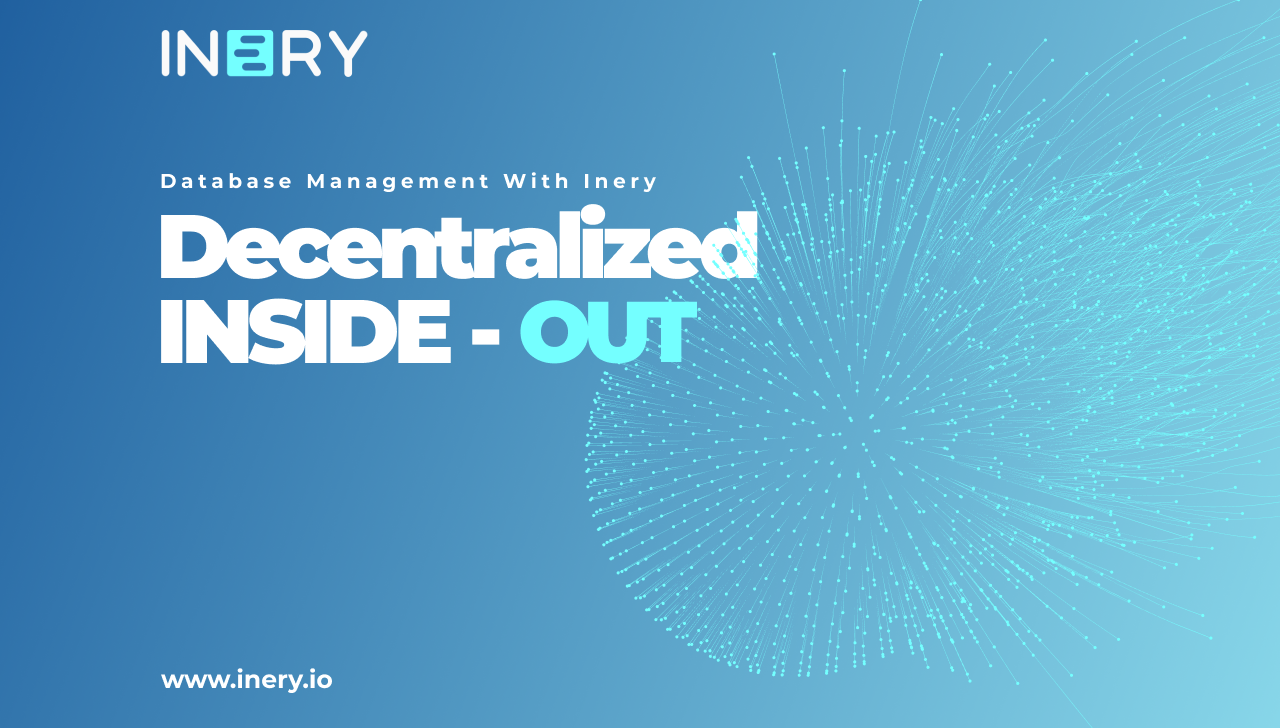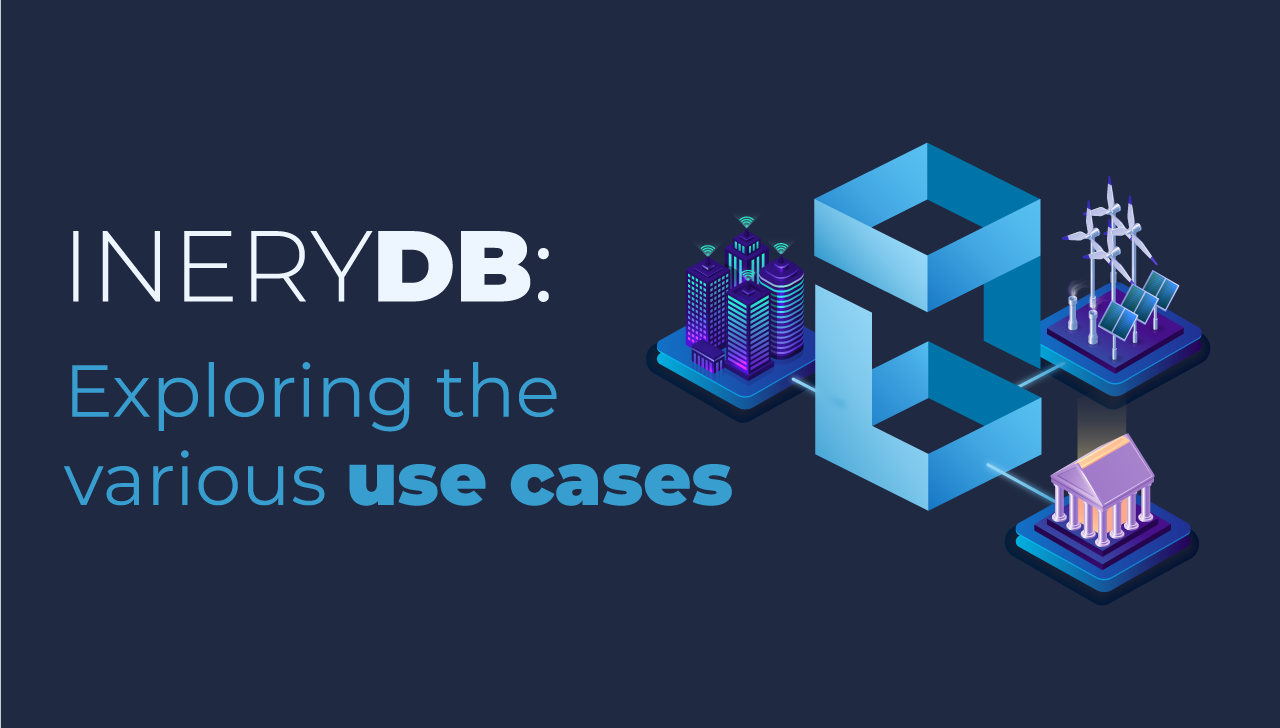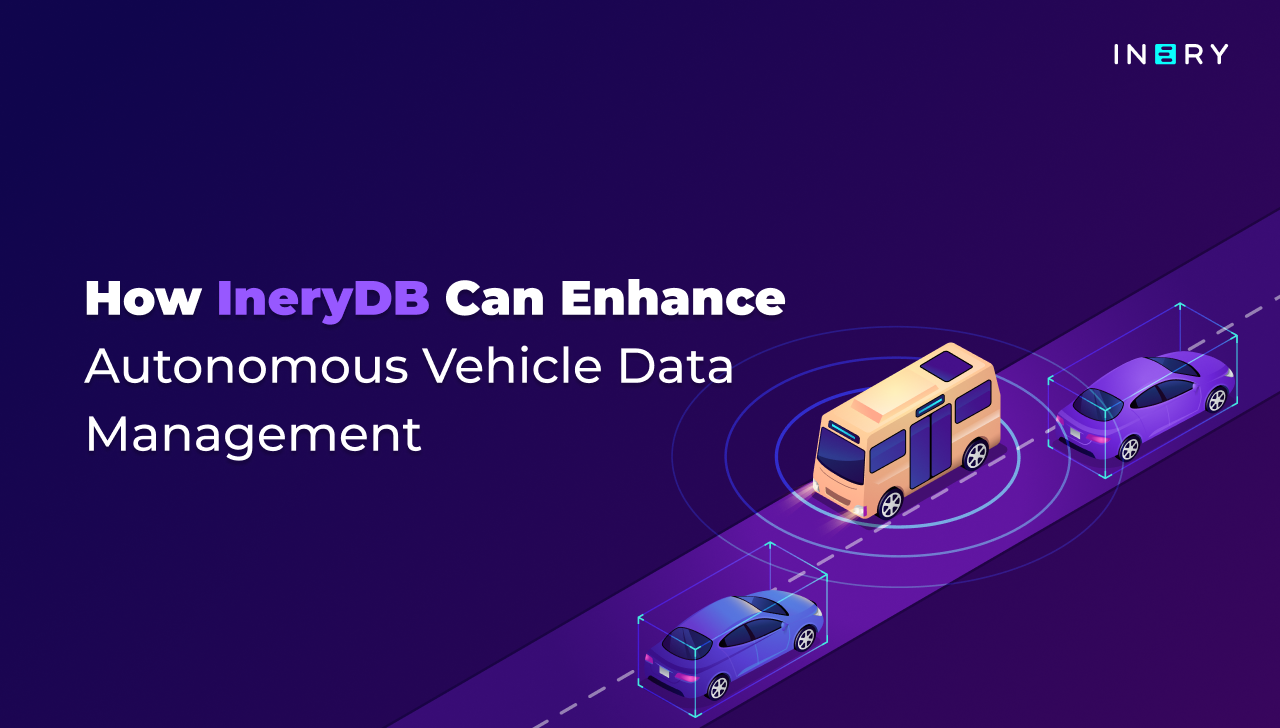TL;DR
-
Legacy database management solutions in the past have not been very effective to meet the needs like that of centralized systems.
- A completely decentralized DB management solution provides integrity, security, immutability, transparency, and more.
- Inery is filling the gap between decentralization and sovereign decentralized database management through Inery Blockchain and IneryDB.
We often think of the blockchain as a way to decentralize power and create trustless systems. But, are today’s blockchain-based solutions truly decentralized?
Databases have been a critical part of the information management ecosystem since their inception. The way we store, manage and interact with data has changed dramatically over that time, but the central importance of databases has remained constant.
As the world around us becomes increasingly digital, the volume, variety, and velocity of data are increasing at an exponential rate. At the same time, our ability to trust the data we are presented with is diminishing. In an age of fake news and bots, it is more important than ever to be able to verify the integrity of the information we are using.
This is where blockchain comes in.
By decentralizing the database and using cryptographic techniques, blockchain solutions provide a way to ensure that data is accurate and can be trusted.
Blindsiding the Working of Metaverses
If you are a crypto-native user or even an enthusiastic retail investor in this space, then chances are that you interact with the metaverse multiple times a day. Unfortunately, the majority of users are blindsided by how these metaverse worlds are built.
Today’s web 3.0 ecosystem relies on a very centralized infrastructure where data is hosted on cloud service providers like AWS. This means that we are laying the foundation of a decentralized web 3.0 on a centralized web 2.0 infrastructure.
This begs the question, “Why use decentralized protocols when the soul of the product is still centralized?”
While this may not seem like a problem at first, it creates a number of potential vulnerabilities.
For example, Amazon, which is the backbone of many of these centralized providers, has suffered a number of outages in the past. According to AWS Maniacs, Amazon Web Services faced 3 outages in 2021 alone. This creates another layer of vulnerability as we are trusting our data to a single point of failure.
The effects of this element of centralization in a blockchain protocol can be seen evidently in the case of Solana. Dubbed the “Ethereum killer”, Solana has faced about 12 outages in just the first half of 2022 — a testament to the vulnerability of centralization in promising projects.
Thus, a completely decentralized database management solution is required.
For instance, BigchainDB is a decentralized DB solution but is powered by the centralized NoSQL database program, MongoDB.
Inery is different. We are building a blockchain solution specifically for database management that is completely decentralized, from the ground up.
Why Look For A Blockchain Solution for DB Management?
Metadata is data about data. It is used to describe, identify, locate, or otherwise make it possible to retrieve, use, or interpret information stored in a database.
Inery uses metadata management to keep track of the data stored in its decentralized database. This includes data about the data itself (e.g., its format, size, and type) as well as data about how it is related to other data (e.g., its parent-child relationships and foreign key constraints).
CRUD (Create, Read, Update, Delete) functionalities are essential to any database management solution. Inery’s decentralized database management solution provides these essential functions while also guaranteeing the accuracy and integrity of the data stored in its decentralized database.
Below are a few crucial reasons to switch to a completely decentralized DB solution.
Decentralization
A key advantage of blockchain is that it is decentralized. This means that there is no single point of failure and no central authority that can tamper with the data.
Immutability
Once data has been recorded on a blockchain, it cannot be changed or deleted. This makes it an ideal platform for storing data that needs to be verifiable and trustworthy.
Transparency
All data that is recorded on the blockchain is visible to everyone on the network. This makes it easy to track and verify data.
Data Integrity
One of the biggest challenges with traditional databases is data integrity. It is often difficult to know if the data in a database has been tampered with or not. With blockchain, data integrity can be ensured, as all changes to the data are recorded on the blockchain and can be easily verified.
Data Security
Another challenge with traditional databases is data security. With centralized databases, there is a single point of failure that can be exploited by hackers. With blockchain, the data is distributed across a network of computers and is encrypted, making it much more secure.
Enabling Sovereignty and Scalability
Inery’s layer-1 blockchain solution is designed through and through to be optimized for database management and allow enterprises to scale up or scale down without hindrance.
By implementing the Self Delegated Proof of Stake (SDPoS) consensus model, the Inery blockchain offers a high throughput of over 5000 TPS, Sybil resistance, and higher energy efficiency compared to Proof of Work blockchains.
Built atop the Inery blockchain, IneryDB is a decentralized Database as a Service (DBaaS) that empowers effective database management by enabling DPoS and asynchronous Byzantine Fault Tolerance (BFT).
The goal of Inery, thus with IneryDB also is such that nodes can and should be located in many countries without restraint. A node might fail but the others will continue operating. Further, with minimum replication of data and built-in redundancies, there need not be any concern for data loss.
Wrapping Up
All in all, decentralized database management has always been a longstanding concern in the world of web 3.0 and Inery is bringing forth a solution to this problem.
With a holistic blockchain solution for DB management, Inery is looking to tackle the challenges of data scalability, security, and sovereignty.
Inery is at the forefront of this disruption, with our layer-1 blockchain solution specifically designed for database management and IneryDB.
About Inery
Inery is the first-ever layer-1 blockchain offering the solution of decentralized database management with the vision to enable a new paradigm for data. Inery is designed to enable cross-chain communication of data, greater speed, and better security. It specifically addresses database management integrated with blockchain functionalities and distributed database management properties.
The Inery database management solution (IneryDB) allows a secure, low-cost, and immutable way for database management where the control of private information remains in the hands of users and enterprises. It sets the base for the web3 future to enable value creation by seamlessly connecting with other systems, applications, and layer-1 networks.
Website | Twitter | Telegram | Telegram Ann | LinkedIn | Discord | Reddit | Instagram

Inery•
2 years ago
What Life With Decentralized Data Would Look Like
You’d be surprised how much your life would change in a decentralized world. Take a peek at the future by clicking here. ...READ MORE
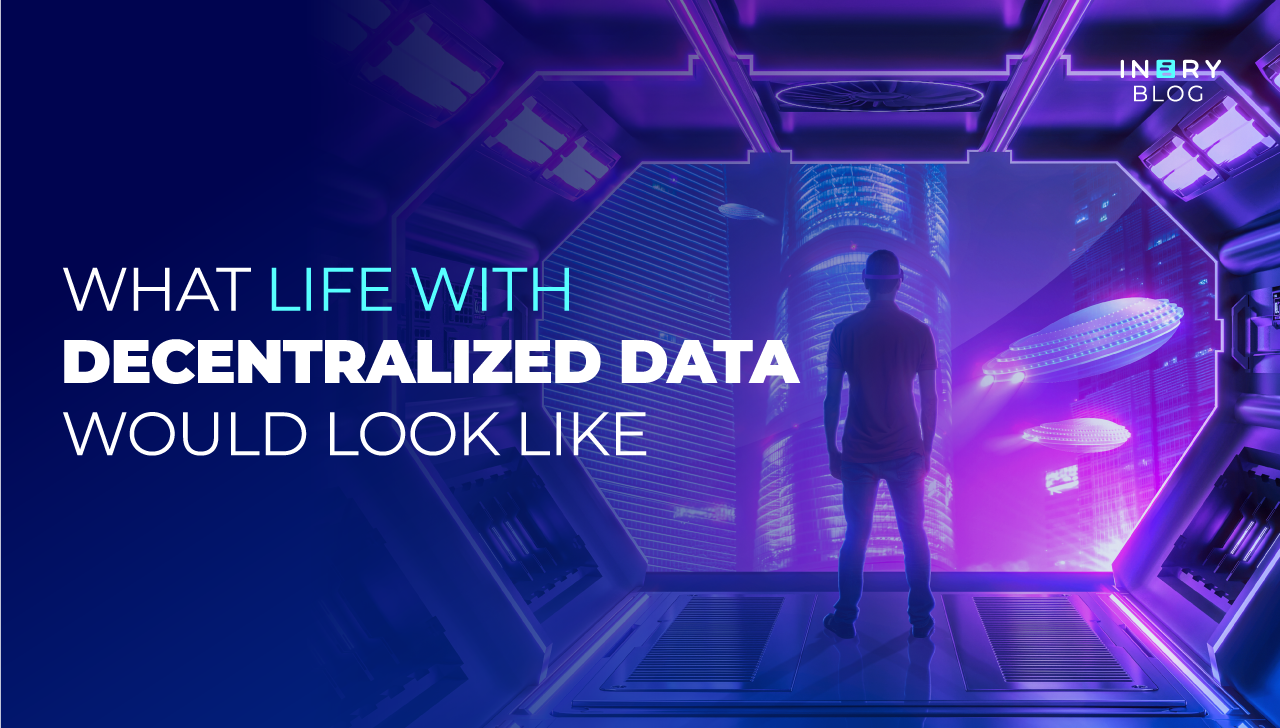
Share

Inery•
3 years ago
Driving The Creator Economy In Web 3.0
Enabling the creator economy in web3 with IneryDB ...READ MORE
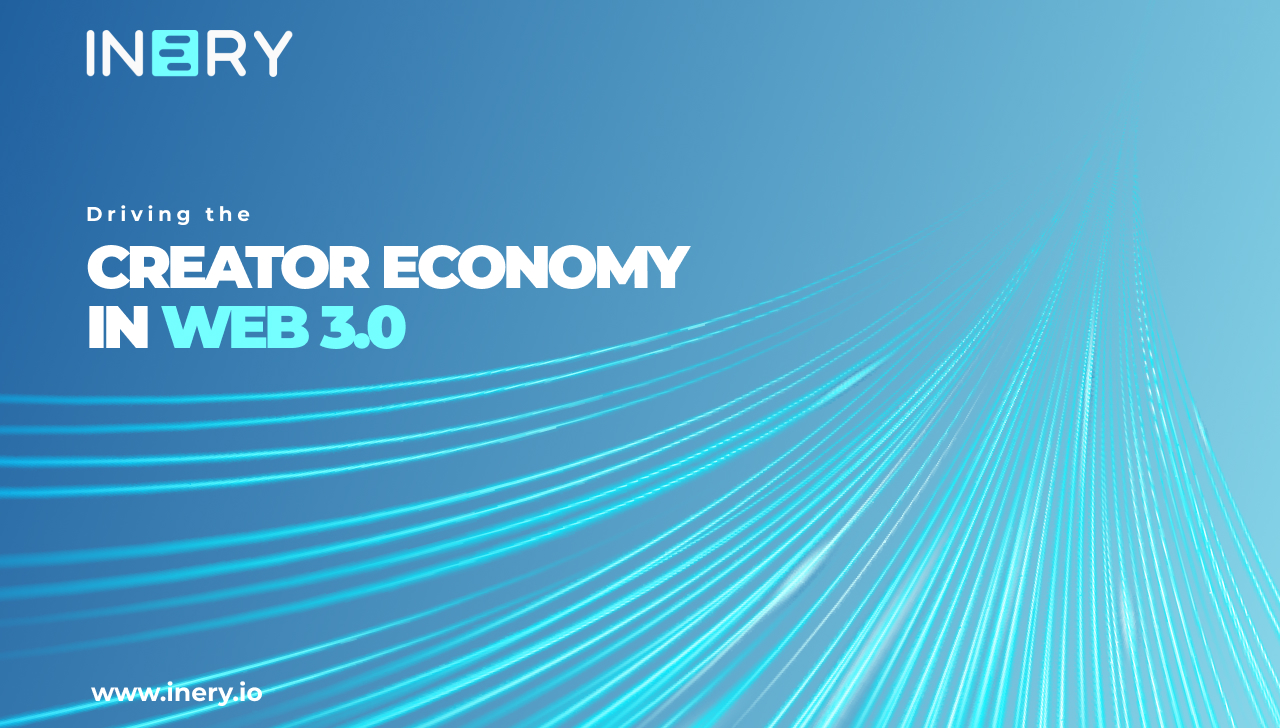
Share

Inery•
1 year ago
Empowering Smart Cities with Inery's Data Solutions
Discover how Inery can revolutionize urban living by enhancing sustainability, fostering innovation, and protecting data privacy. ...READ MORE
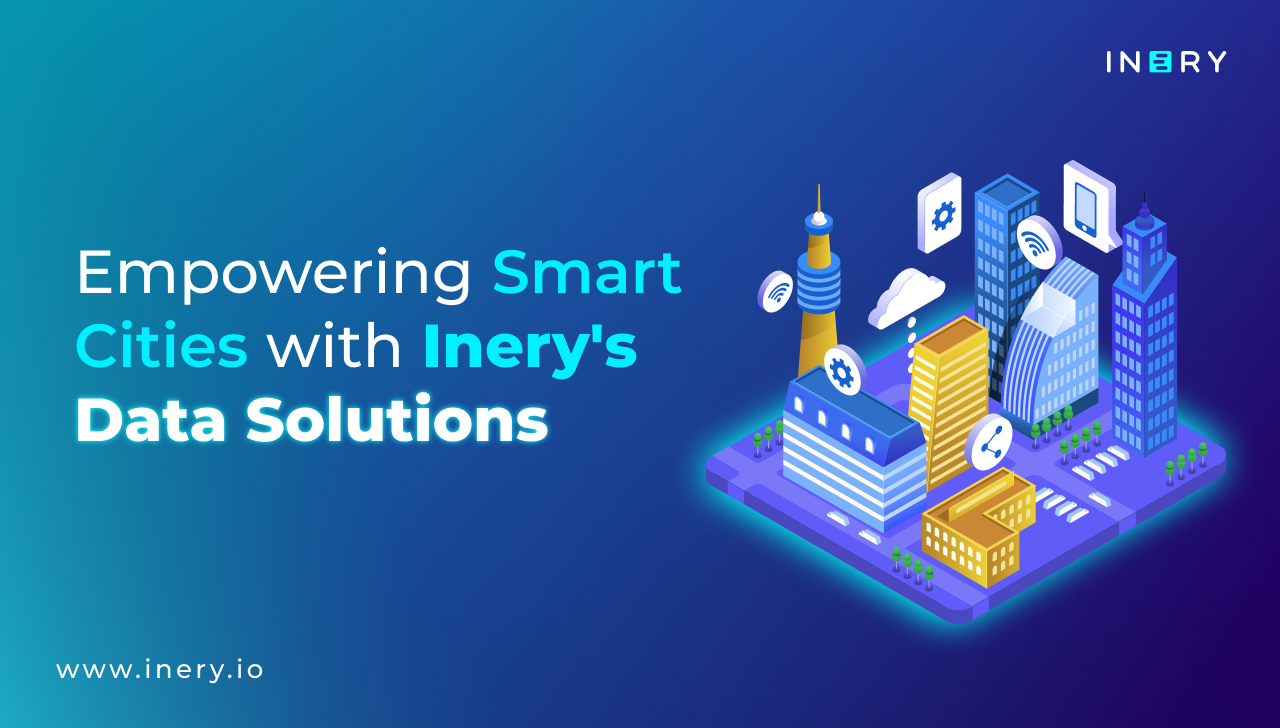
Share

Inery•
2 years ago
Are Crypto Regulations Ruinning Web3 Projects and Businesses?
As the crypto industry grapples with the regulatory surge, the destiny of Web3 projects hinges on finding harmony between innovation and regulation, shaping the decentralized ecosystem's future. ...READ MORE
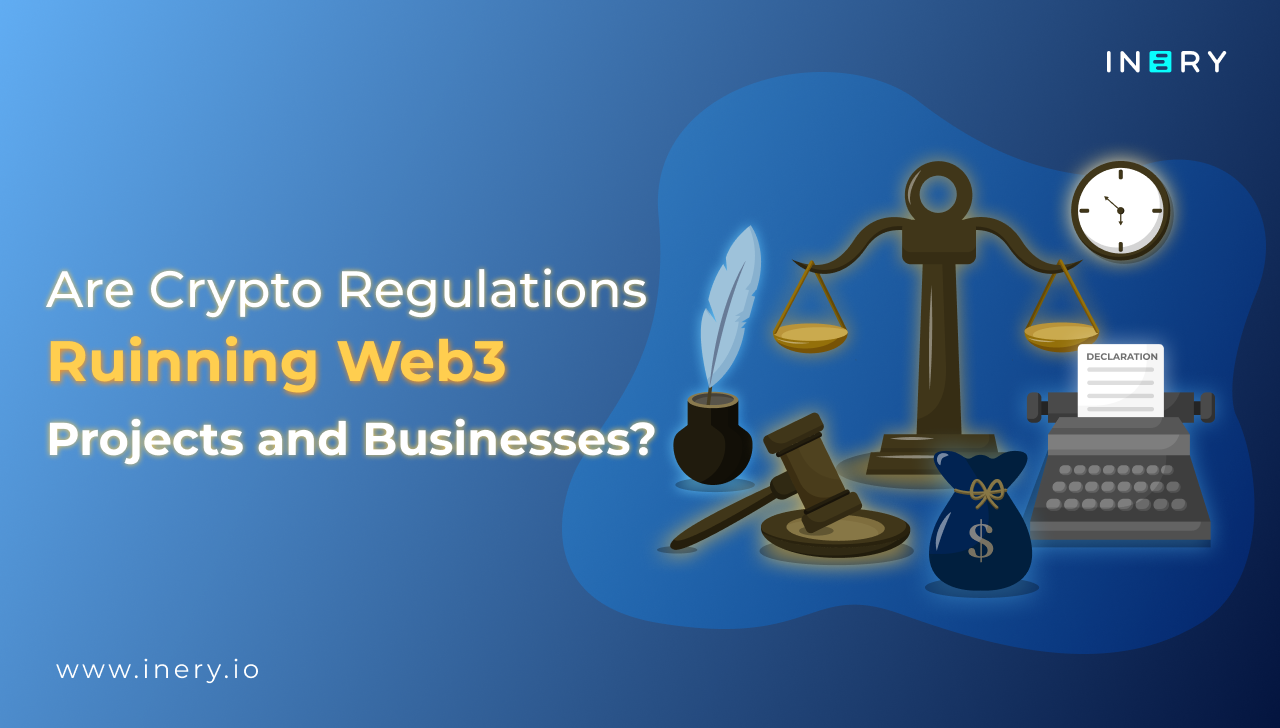
Share
Most popular today

